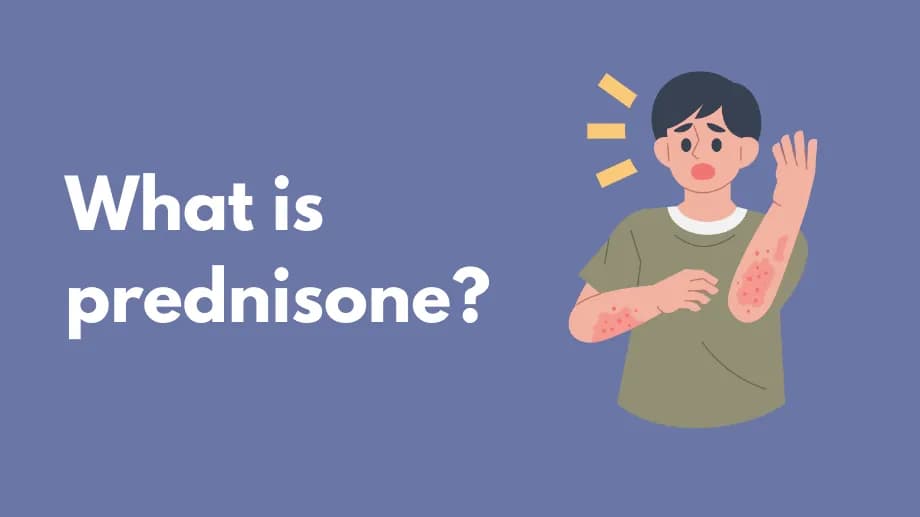What are allergies?
Allergies occur when the immune system overreacts to normally harmless substances (allergens), producing IgE antibodies that trigger release of histamine and other chemicals. More than 50 million Americans are affected each year, making allergies the sixth most common chronic illness in the U.S. Symptoms range from sneezing and itching to life-threatening anaphylaxis.
What causes allergies?
Allergens that commonly trigger reactions include:
- Pollen (trees, grasses, ragweed)
- Dust mites (household dust)
- Animal dander (skin flakes, saliva, urine)
- Mold spores (indoors and outdoors)
- Insect stings (bees, wasps, fire ants)
- Foods (peanuts, tree nuts, milk, eggs, soy, wheat, fish, shellfish)
- Medications (penicillin, NSAIDs)
- Latex (gloves, balloons)
Genetic predisposition and environmental exposures (early life, diet, pollution) also influence who develops allergies.
What are the symptoms of allergies?
Symptoms vary by type of allergy and organ system involved:
- Rhinitis (hay fever): sneezing, runny/stuffy nose, itchy eyes, conjunctivitis
- Food allergy: oral tingling, hives, facial swelling, vomiting, anaphylaxis
- Insect sting allergy: local swelling, hives, wheezing, anaphylaxis
- Drug allergy: rash, itching, breathing difficulty, anaphylaxis
- Atopic dermatitis (eczema): dry, itchy, red, flaky skin
Anaphylaxis is a medical emergency featuring low blood pressure, severe breathing difficulty, rapid pulse, nausea, lightheadedness, and possible loss of consciousness.
How are allergies diagnosed?
- Medical history and exam: symptom patterns, family history, physical signs
- Skin prick tests: small amounts of allergen are introduced to the skin to observe wheal-and-flare reactions
- Blood tests: specific IgE measurement (RAST or ImmunoCAP)
- Patch tests: allergens applied under patches for contact dermatitis evaluation
- Elimination diets: removing and reintroducing foods under supervision
- Allergy challenge tests: controlled exposure to confirm severe reactions
How are allergies treated?
- Avoidance: steer clear of known triggers (e.g., pollen, foods, latex)
- Antihistamines: relieve sneezing, itching, runny nose
- Decongestants: reduce nasal stuffiness (short-term use only)
- Nasal corticosteroids: anti-inflammatory sprays for rhinitis
- Leukotriene modifiers: block inflammatory mediators in asthma and rhinitis
- Immunotherapy: allergy shots or sublingual tablets to desensitize over time
- Epinephrine: auto-injector (EpiPen) for anaphylaxis emergencies
- Adjuncts: saline nasal irrigation, barrier devices, latex-free products







